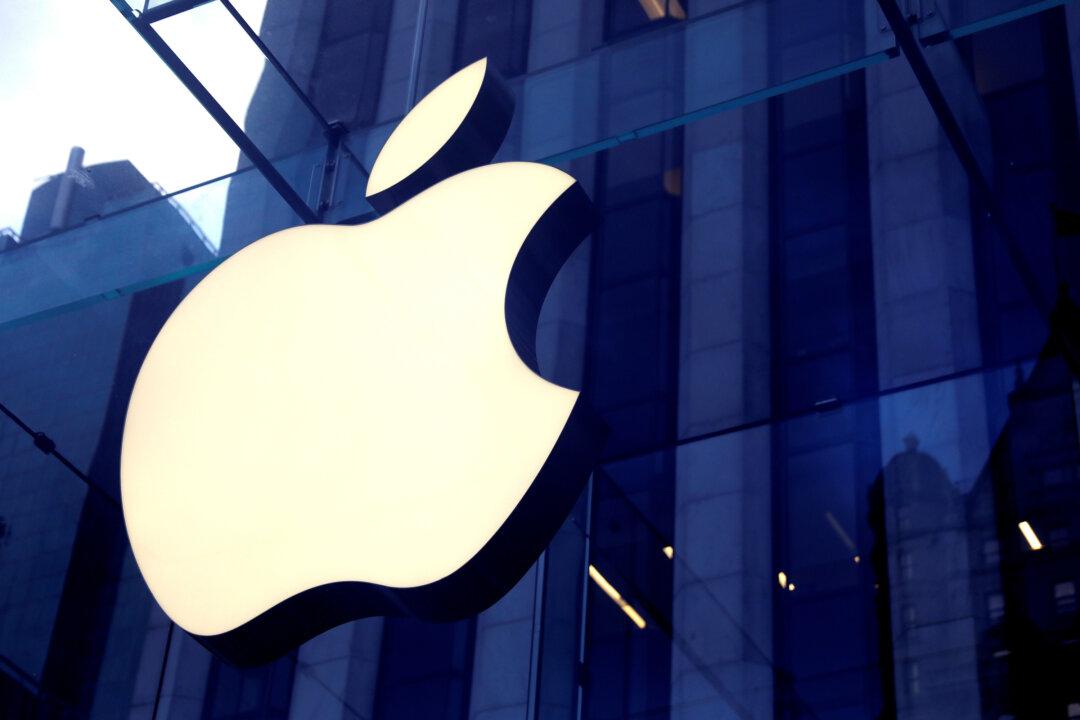SAN FRANCISCO—An Apple employee who led fellow workers in publicly sharing instances of what they called harassment and discrimination at the company said on Thursday that she had been fired.
Janneke Parrish, an Apple program manager, said the iPhone maker informed her on Thursday that she had been terminated for deleting material on company equipment while she was under investigation over the leaking of a company town hall to media. She told Reuters she denies leaking.





